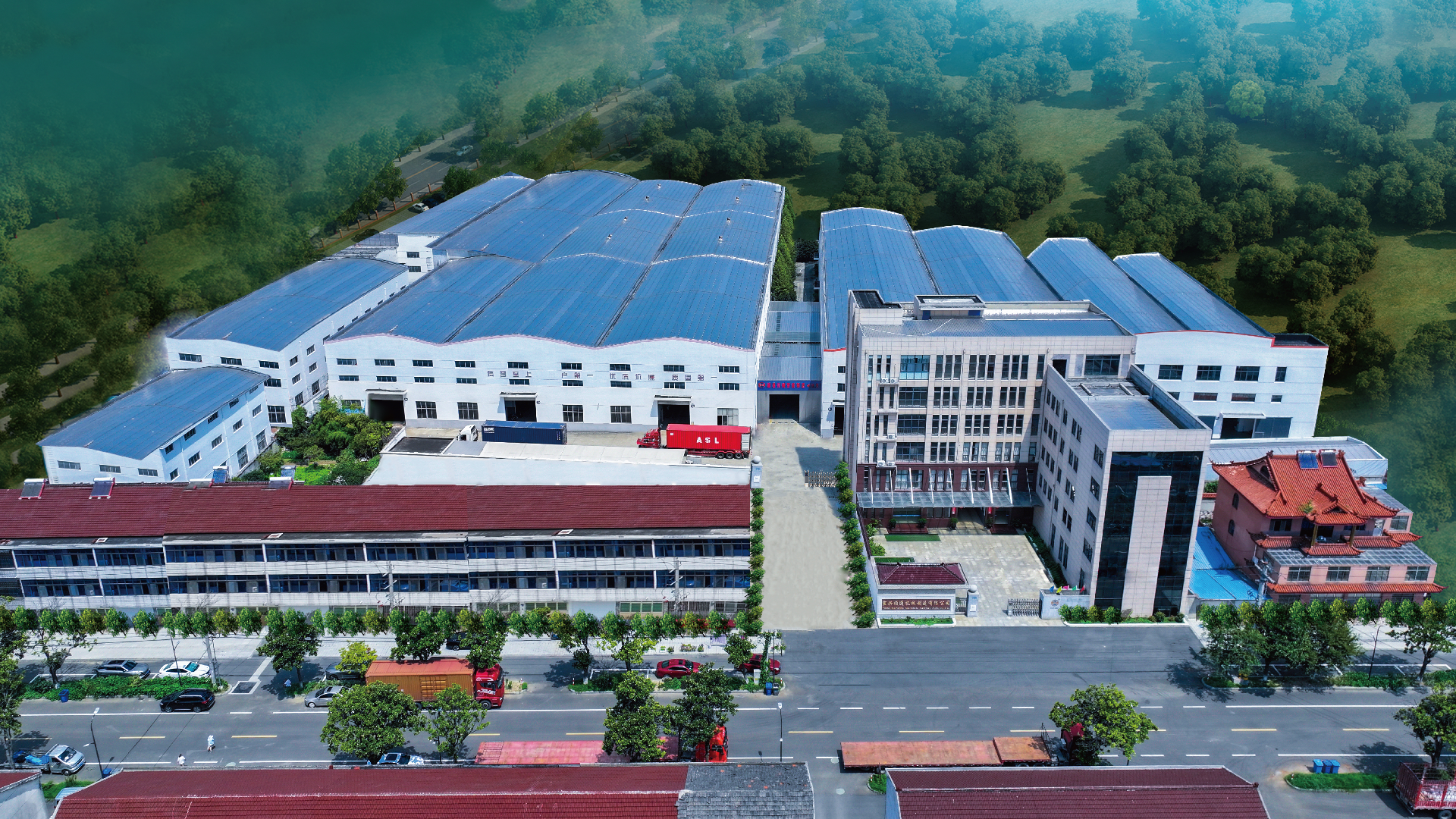Application Areas of Monofilament Extruder Machine: Fueling Product Innovation Across Key Industries
The textile and daily necessities industry is a primary user of the monofilament extruder machine, relying on its ability to convert raw materials (such as PP, PET, and biodegradable PLA) into uniform monofilaments. This machine produces filaments with adjustable fineness—from thin 0.1mm strands for delicate filter fabrics to thick 5mm threads for durable bags—making it ideal for manufacturing everyday items. Common applications include reusable shopping bags (durable and recyclable to replace single-use plastics), fruit/vegetable mesh bags (breathable to maintain freshness), and household filter materials (for water purifiers or air conditioners). With growing global demand for eco-friendly products, the machine’s compatibility with recycled materials further solidifies its role in sustainable daily necessities production.
The modern agricultural sector depends on the monofilament extruder machine to create high-performance farming materials tailored to harsh outdoor conditions. By adjusting key parameters like extrusion temperature and stretching ratio, the machine produces monofilaments with UV resistance, corrosion resistance, and anti-aging properties—traits critical for agricultural use. These filaments are processed into shade nets (to regulate sunlight for crops like lettuce), anti-bird/insect nets (to protect yields from pests), crop support ropes (for climbing plants such as cucumbers), and reinforcing threads for agricultural mulch films (to prevent tearing during field use). For large-scale farms and smart greenhouses, the machine’s mass-production capability ensures a steady supply of consistent, long-lasting monofilaments, directly supporting efficient, high-yield agriculture.
The industrial and specialized high-end fields also leverage the monofilament extruder machine’s precision to meet strict application requirements. In construction, it manufactures robust filaments for geotextiles (used in road reinforcement and soil erosion control) and drainage nets (for landfill water management), where filaments must withstand heavy loads and chemical exposure. In automotive manufacturing, it produces heat-resistant monofilaments for interior filter meshes (air conditioning systems) and seat ventilation nets, contributing to lightweight, energy-efficient vehicle design. In the medical industry, the machine creates biocompatible monofilaments (from medical-grade PET or PLA) for surgical sutures and lightweight hernia repair meshes—achieving micrometer-level diameter control to meet rigorous medical safety standards and reduce reliance on imported specialized filaments.

